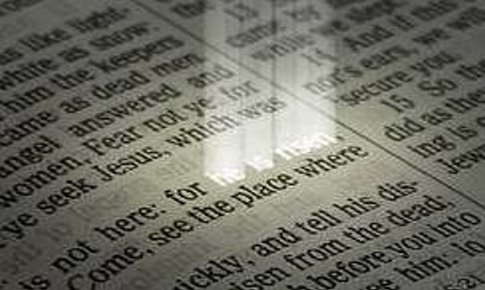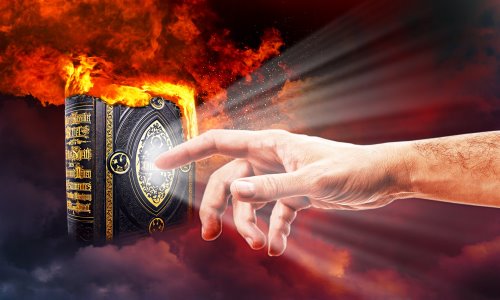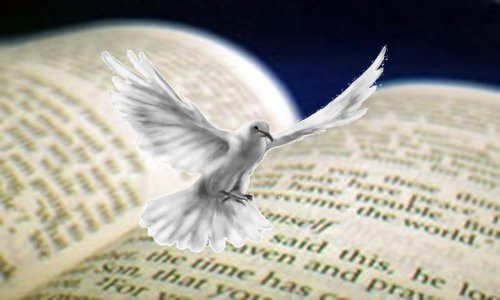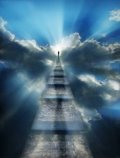Bible Study Sections
We believe every Christian today should know the topics in these study sections
-

Believer Ministries Videos
Presented here for all to enjoy, are Videos of teachings and Music intended to inspire.
We will continue to add Video Podcasts and Music Videos that are rich in content from God's Rightly Divided Word as time allows.
We are trying to pick teachings that are foundational as well as fundamental for today's Christian to walk in the Light as He, Christ Jesus is The Light.
We hope you enjoy these Videos as much as we enjoy bringing them to you.
Read more -

Believer.com Audio Player
Here you will find for your enjoyment, Audio teachings and Music tracks to bless and inspire.
We will continue to add Audio Podcasts and Music from a number of teachers and artists that are filled with God's Rightly Divided Word.
We hope to help Christians young and old grow in a greater understanding of God's Word and so we try to select teachings that contain foundational as well as Truth specifically for Christians today.
Read more -

Free Books in PDF
These books are free to download to your computer, tablet or smartphone.
Many of these study books are expensive, hard to find or are not currently in print. We believe these books are some of the finest study aids available on these important subjects.
We will continue to add additional books from a number of scholars that are filled with God's Rightly Divided Word. Christians young and old can gain a greater understanding of God's Word through study, so please enjoy these Free Books and share what you learn with everyone.
Read more -

Questions
We receive many questions from around the world.
As we study His Word together we get to know Him and as we go to His Word seeking His Truth we learn to trust Him in all things. Sometimes a quick answer to one of lifes many complex questions is not spelled out in a specific verse or verses but as we pray, study and seek His Wisdom He shall direct our paths.
Read more
Help Center
+ What We Believe
Believer.com is a group of Christian Believers that hold The Bible to be The Truth the only Word of God and 'Thus saith the Lord'.
+ Frequently Asked Questions
Christian Believers from around the world ask questions and we do our best to answer from Scripture. Here are some of their Most Popular Questions . . .
+ Policies
Statement of Privacy, Return, Cancellation, Refund and Shipping...
- Believer Ministries Inc.
- P.O. Box 500
- Sutherlin, OR 97479 USA
- Email: Questions@Believer.com
- The Word of God makes known The Lord Jesus Christ; Who declares to the Believer our Heavenly Father that we might know Him. God has revealed Himself not according to religious viewpoints but reveals Himself by the written Word. The Light that illuminates our path makes it possible for all who are willing to walk with Him and to see His clear instructions to live victorious lives in Christian Faith and Practice.
- Believer.com is a Bible Study Center whose goal is to base all of our posted teachings on Scripture and not the traditions and commandments of men.
- What We Believe
- Frequently Asked Questions
- Disclaimer
- Policies
Statement of Privacy, Return, Cancellation, Refund, and Shipping - Cookie Policy
- Contact Us
























